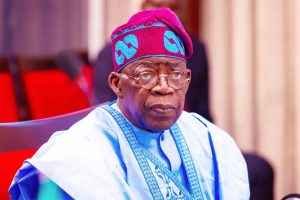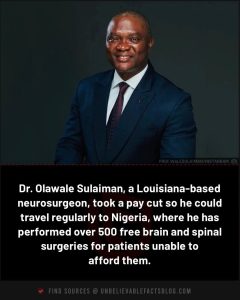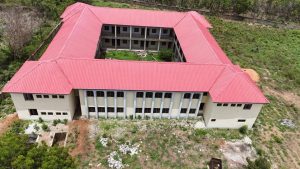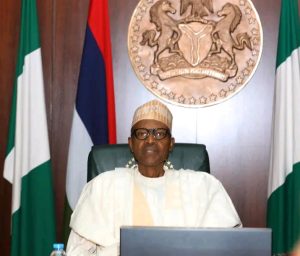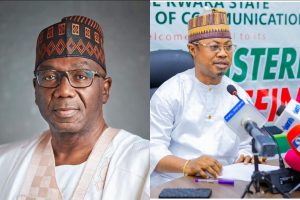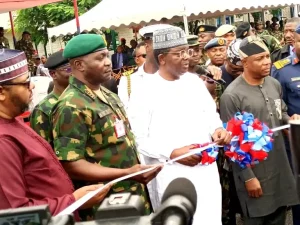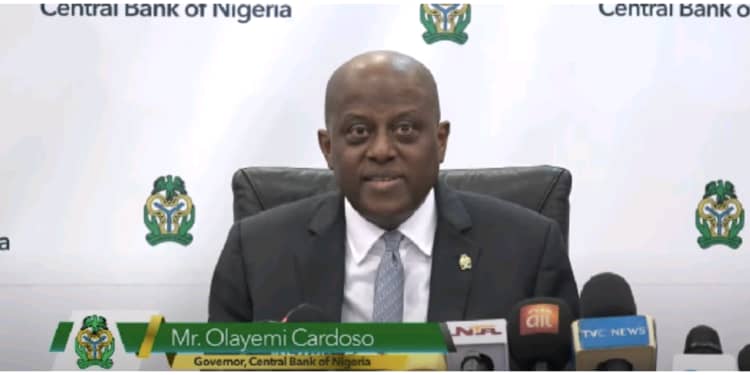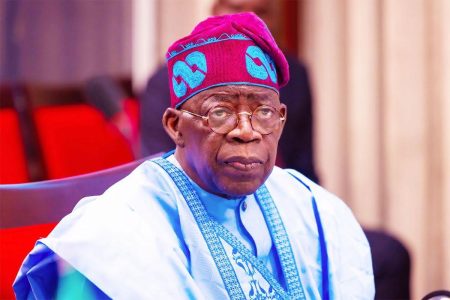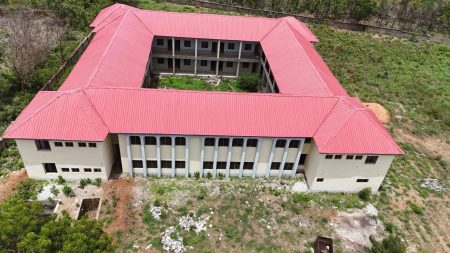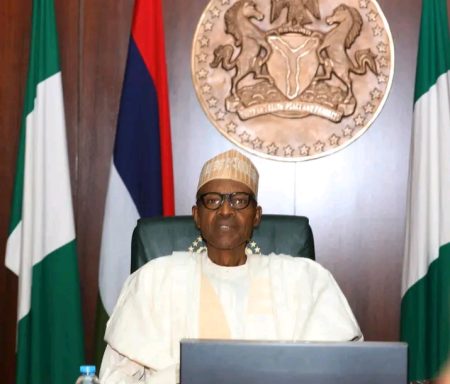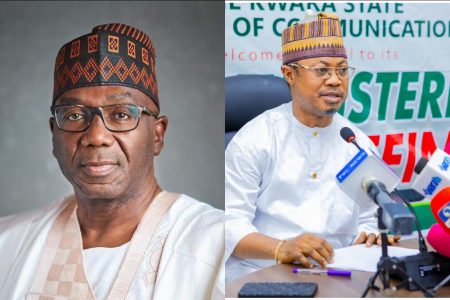Yemi Cardoso, the Governor of the Central Bank of Nigeria (CBN), has admitted that increasing the interest rate to 27.75% is “painful” for borrowers but emphasized that this decision is essential for reducing excess money in circulation and effectively controlling inflation.
Cardoso made these remarks while addressing the Harvard Club of Nigeria in Lagos over the weekend, discussing “Leadership in Challenging Times: Restoring Credibility, Building Trust, and Containing Inflation.” He noted that true leadership requires making tough decisions aimed at ensuring long-term stability rather than prioritizing short-term comfort.
He reiterated that the CBN must remain committed to its primary goal of maintaining price stability, resisting political and economic pressures.
“Our decision to raise the Monetary Policy Rate (MPR) to 27.75% was a bold move. While higher interest rates are challenging for borrowers, they are necessary to curb excess liquidity and manage inflation,” Cardoso stated.
He added, “Leadership involves making difficult choices for long-term stability during challenging times. The Central Bank must focus on its core mandate—price stability—without being distracted by various pressures.”
Rebuilding Trust in the CBN
Cardoso also highlighted the new leadership’s commitment to restoring trust in the markets and the financial system. He explained that this focus on transparency is reflected in the adoption of the Electronic Foreign Exchange Matching System (EFEMS) for foreign exchange transactions.
These initiatives aim to reduce market arbitrage and speculation while gradually rebuilding trust among market participants. “Trust is the currency of central banking. If the public loses faith in the institution, the effectiveness of its policies diminishes,” he noted.
“Our implementation of EFEMS is rooted in this understanding. By enhancing transparency and providing better oversight of forex transactions, we signal that the CBN is serious about promoting fair and efficient markets,” Cardoso added.
What You Should Know
According to Nairametrics, as of July 2024, only 36.3% of Nigerian households supported raising interest rates to combat inflation. The survey revealed that 50.6% preferred lower interest rates despite rising inflation, while 13.1% were undecided. This division highlights the challenge faced by the CBN’s Monetary Policy Committee (MPC) in balancing inflation control with public demand for lower borrowing costs.
Under Cardoso’s leadership, the MPC has implemented five interest rate hikes, starting from an initial increase from 18.75% to 22.75%, followed by further hikes to 24.75%, 26.25%, and a 50 basis point increase to 26.75% in July 2024. The recent hike raised the rate by an additional 50 basis points to reach 27.75%.
Cumulatively, these increases total over 800 basis points since Cardoso took office, aimed at addressing Nigeria’s persistent inflation challenges, particularly high core and food inflation.


